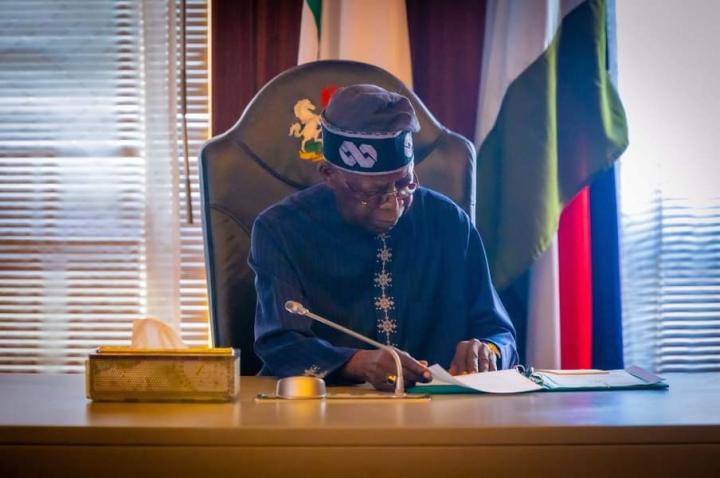The Federal Government has unveiled plans to modernize the operations of free trade zones across Nigeria to enhance their efficiency and global competitiveness. This initiative aims to attract more foreign and local investments, boost exports, and create jobs.
Minister of Industry, Trade, and Investment, Doris Anite, disclosed this during a recent meeting with stakeholders in Abuja. She emphasized that the modernization efforts would focus on streamlining processes, leveraging technology, and improving infrastructure within the free zones.
“Our free trade zones are critical drivers of economic growth and industrialization. By modernizing their operations, we aim to position Nigeria as a hub for global trade and investment,” Anite said.

The modernization plan includes the deployment of digital systems to automate processes, reduce bureaucratic bottlenecks, and improve service delivery for businesses operating within the zones. Additionally, infrastructure upgrades, such as improved road networks, reliable power supply, and enhanced security, are key components of the initiative.
Stakeholders have welcomed the government’s commitment, noting that free zones have the potential to transform Nigeria’s economy by fostering industrialization and export diversification. However, they also stressed the need for consistent policy implementation and regulatory oversight to achieve the desired outcomes.
Dr. Chijioke Eze, an economic analyst, applauded the initiative, highlighting its potential to boost investor confidence. “Modernizing free zones will not only attract new investments but also help existing businesses thrive. This is a step in the right direction for Nigeria’s industrial agenda,” Eze said.
The free trade zones, established to promote non-oil exports and encourage industrial activities, have faced challenges over the years, including inadequate infrastructure, policy inconsistencies, and limited access to global markets. The government’s new plan seeks to address these issues and unlock the zones’ full potential.
In addition to infrastructure and digital transformation, the modernization effort will include capacity-building programs for stakeholders and enhanced collaboration with international partners. The government aims to benchmark Nigeria’s free zone operations against global best practices to ensure competitiveness.
The Nigeria Export Processing Zones Authority (NEPZA), the regulatory body overseeing free zones, has pledged its support for the initiative. NEPZA’s Managing Director, Adesoji Adesugba, highlighted the importance of creating an enabling environment for businesses.
“Our goal is to make Nigeria’s free trade zones a preferred destination for investors. The modernization efforts will play a significant role in achieving this vision,” Adesugba said.
As the government embarks on this modernization journey, industry players are optimistic about the potential impact on Nigeria’s economic landscape. With improved operations and infrastructure, free trade zones are expected to contribute significantly to the country’s GDP, generate employment, and enhance Nigeria’s position in global trade networks.
The modernization plan underscores the government’s commitment to fostering a conducive business environment and driving sustainable economic growth through innovative reforms and strategic investments.
Support InfoStride News' Credible Journalism: Only credible journalism can guarantee a fair, accountable and transparent society, including democracy and government. It involves a lot of efforts and money. We need your support. Click here to Donate
